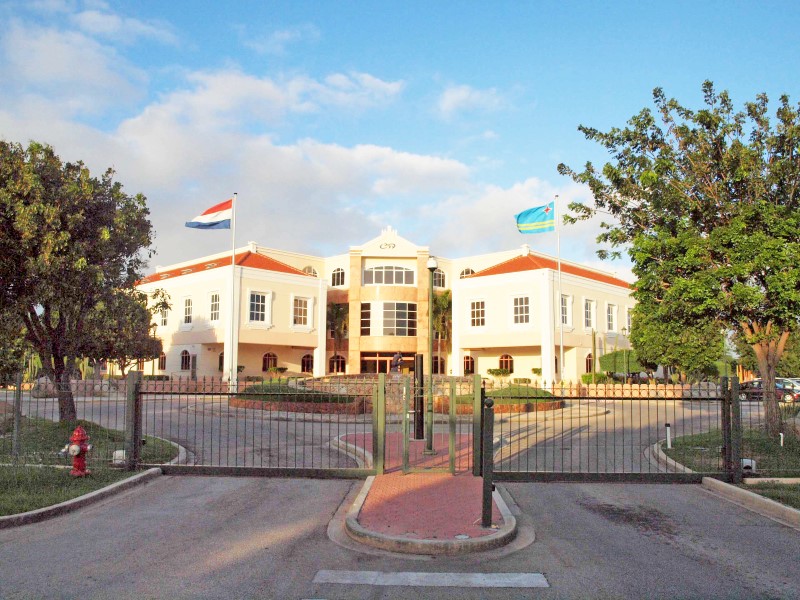
PHILIPSBURG – “If this ship sinks we all sink together,” is the conclusion of an opinion HBN Law attorney Michelle Wever wrote about the potential consequences of measures the Central Bank of Aruba took back in March to limit the flight of capital to foreign countries. The Central Bank of Curacao and St. Maarten took similar measures around the same time, so what Wever wrote about Aruba also applies to St. Maarten.
The central bank measure aims to protect the peg of the Aruban florin (and the Antillean guilder) to the American dollar.
Wever assumes that the measure to prevent the outflow of foreign exchange will remain in place until confidence in the Aruban economy has been restored. “Who knows how long this will take? A year, three years, longer?”
The attorney notes that it is questionable whether Aruba’s economy is able to survive the COVID-19 crisis now that the government has turned down the Dutch offer for financial support. “Nobody knows what the financial damage will be or what is in store for Aruba. What we do know is that without further financing there is no possibility to bridge these times of economic crisis. And if the country Aruba does not make it Arubans won’t make it either. The restrictions on foreign exchange transfers will be co-responsible for it.”
Under the measures the central bank has put in place Arubans are not allowed to provide loans to non-residents, to invest abroad, to participate in a foreign company, to buy real estate abroad or to buy real estate on Aruba from non-residents. The central bank won’t grant permits for transferring money to foreign bank accounts Arubans may have. Transfers to intercompany-accounts of associated entities by a legal entity are also blocked.
Wever notes that the measure in particular hinders international management but also management within the kingdom. It is not possible to acquire or finance foreign assets from Aruba. “Entrepreneurs who have for instance companies in Curacao and Aruba who want to finance their company in Curacao with Aruban capital are currently unable to do so, also if the entity in Curacao threatens to go bankrupt because of it.”
Arubans also cannot sell their house and use the proceeds to buy a house abroad. They also cannot invest their saving abroad: “For the time being their money is stuck here.”
On March 23, the Central Bank of Curacao and St. Maarten suspended the issuance of foreign exchange permits for transfers abroad. Capital transactions require a permit if they exceed a value of 150,000 guilders (around $83,800). The limit for the total of transfers abroad is 250,000 guilders ($139,665) per year.
Photo caption: Central Bank of Aruba (archive photo taken from Antilliaans Dagblad).





